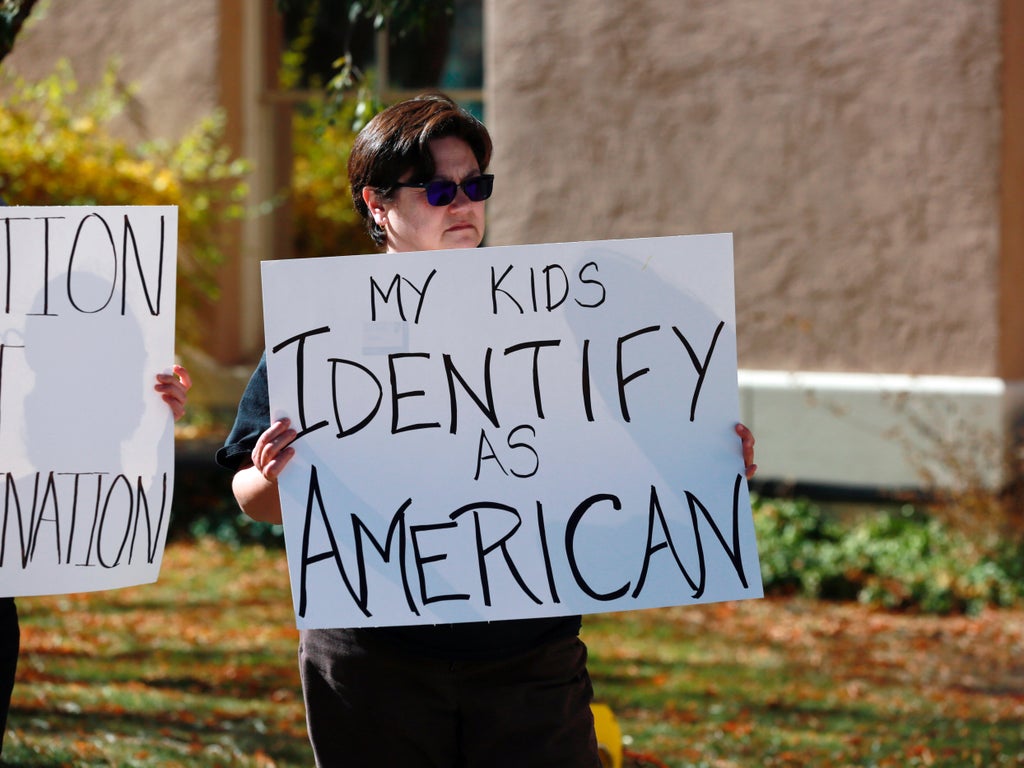
The head of Alabama’s education department has hit out at parents for confusing so-called Critical Race Theory (CRT) and Black History Month.
Eric Mackey, the superintendent for the southeastern US state, told members of the House Education Policy Committee on Wednesday about complaints he had received.
That reportedly included concerns about the academic study into systemic racism (CRT) being taught in schools this month – when in fact Black History Month was being addressed.
”There are people out there who don’t understand what Critical Race Theory is. And so in their misunderstanding of it, they make a report but it’s not actually CRT,” Mr Mackey told the committee, according to AL.com.
“I had two calls in the last week that they’re having a Black History Month programme and they consider having a Black history programme CRT,” he added on Wednesday. “Having a Black history programme is not CRT.”
The teaching of Critical Race Theory has been banned in at least seven US states, and more than a dozen are currently considering bans of their own – including Alabama.
That comes despite testimonies in front of the state’s educational committee on Wednesday from educators and academics who said CRT was not being taught in Alabama’s classrooms.
The theory, which has traditionally been taught at university-level and involves the study of structural racism in the US, has not been found in schools elsewhere in the US but has been subject to attacks from the right – many of whom accuse CRT of being a cause of white “shame”.
“I can tell you what’s in the state curriculum,” Mr Mackey told Republicans and the educational committee. “I can tell you what’s in our textbooks and CRT is not in there.”
The mayor of Birmingham, Alabama, meanwhile tweeted on Thursday that right-wing media “are all about scaring folks into thinking that teaching the reality of black history is damaging to the fabric of American (they mean white) society”.
“It should not be controversial to admit that our country was founded by very brilliant, yet flawed men. Many of them slaveowners,” wrote mayor Randall Woodfin.
“It should not be controversial to admit the system of government they set up 250 years ago wasn’t built from the ground up to ensure equality for all.”
Black History Month, which was founded in 1926 as a week-long celebration of African-American history and contributions to society, has long been addressed in schools.
It falls in February in apparent honour of former president Abraham Lincoln and a former slave, Frederick Douglass, who were both instrumental in the end of slavery.







